Optimal Timing for Swamp Cooler Installation
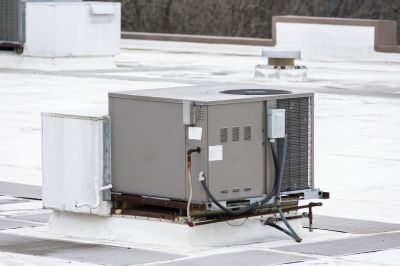
Installing swamp coolers in early spring ensures readiness for the warmer months and allows for system testing before peak heat.
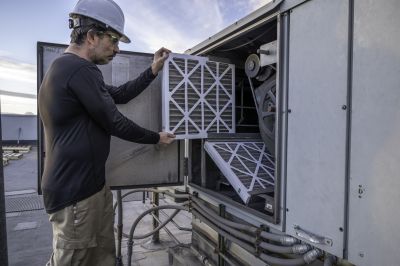
Late spring offers optimal conditions to install and fine-tune swamp coolers, ensuring efficient operation during summer.
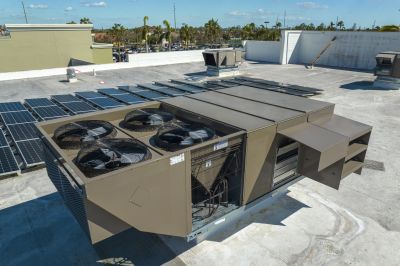
Installing during off-peak seasons can lead to shorter wait times and potential cost savings.
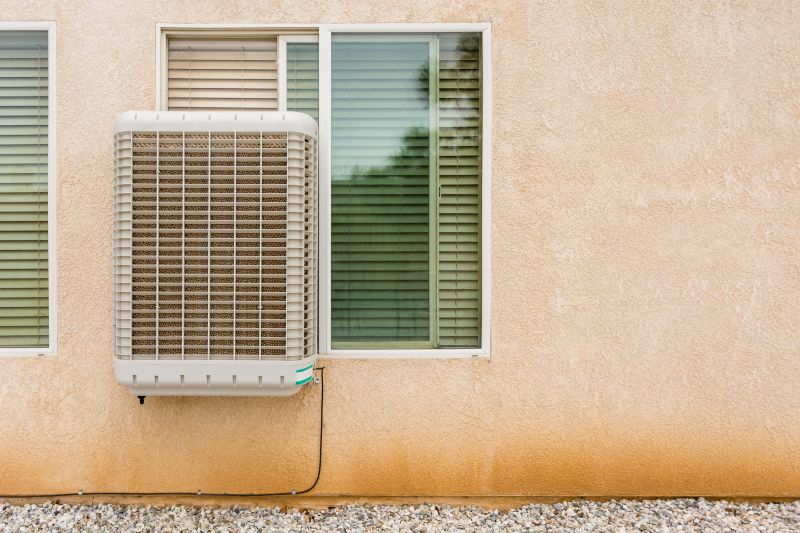
Ways to make Swamp Cooler Installations work in tight or awkward layouts.
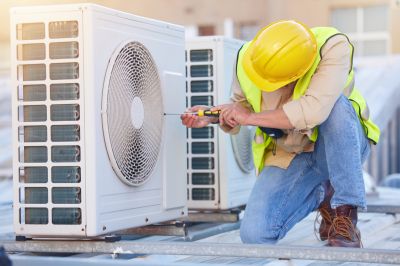
Popular materials for Swamp Cooler Installations and why they hold up over time.
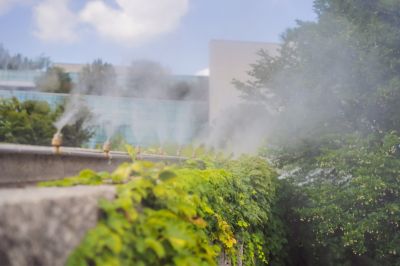
Simple add-ons that improve Swamp Cooler Installations without blowing the budget.
Swamp cooler installations are most effective when performed before the onset of high temperatures. Proper timing ensures system performance and longevity, with many professionals recommending installation during spring or early summer. This allows for system testing and adjustments prior to the hottest days, reducing the risk of system failure during peak use.
Statistics indicate that installing swamp coolers in the early season can extend their lifespan and improve energy efficiency. Cooler weather during installation minimizes operational stress and allows for thorough setup. Additionally, off-season installation may provide opportunities for discounts or scheduling flexibility, making it an advantageous choice for many property owners.
Assessing the location and ensuring proper electrical and water connections are critical steps before installation.
Early installation can prevent summer delays and ensure cooling systems are operational when needed most.
Local climate, property readiness, and contractor availability are key considerations for scheduling installation.
Prices for swamp cooler installation may vary depending on the season, with potential savings during off-peak times.
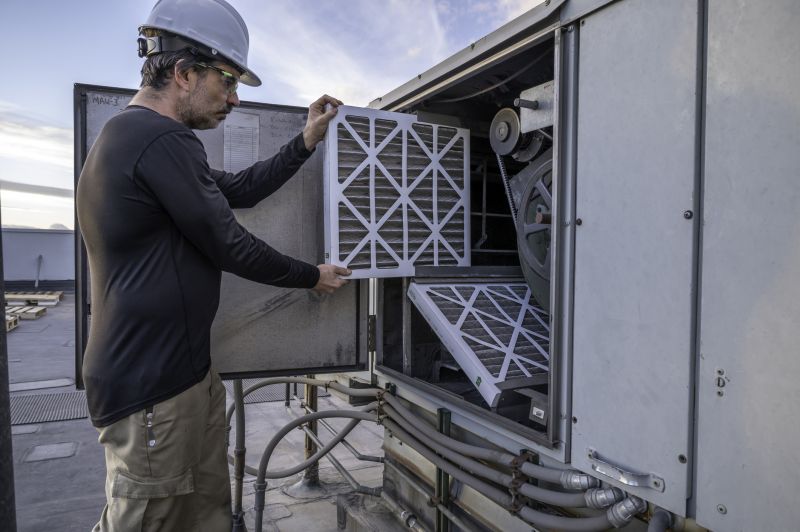
Images of cooling pads, water pumps, and fans used in swamp cooler systems.
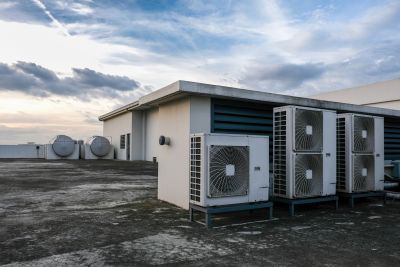
Step-by-step visuals of swamp cooler setup on a residential roof.
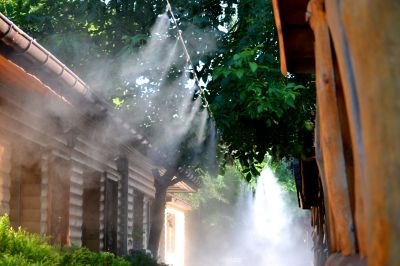
A fully installed and functioning swamp cooler in a backyard setting.
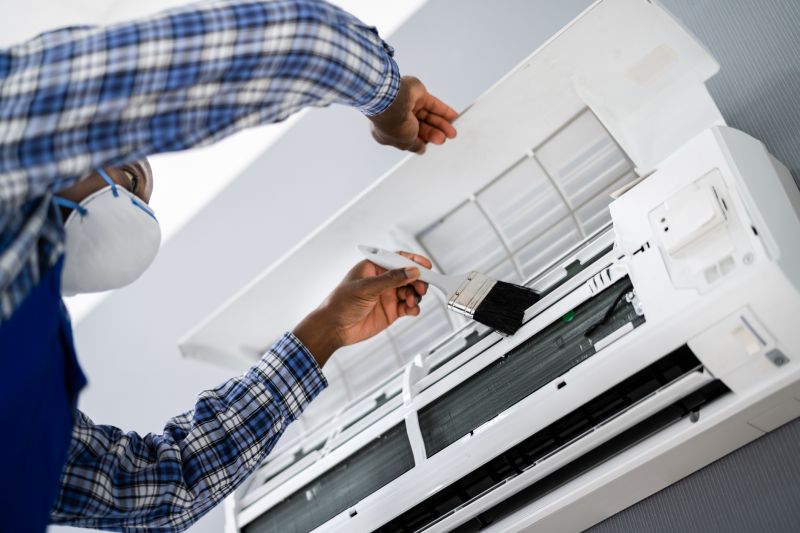
Regular inspection and cleaning of components to ensure optimal performance.
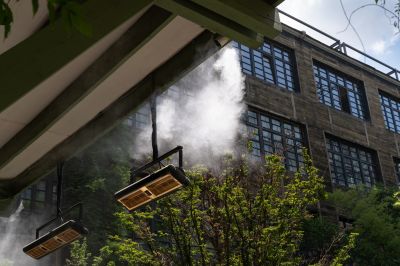
High-end options that actually feel worth it for Swamp Cooler Installations.
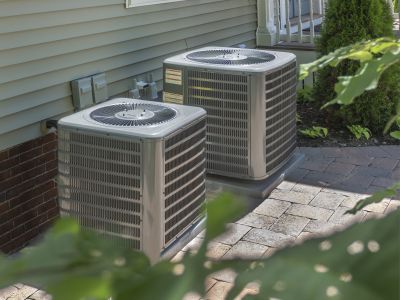
Finishes and colors that play nicely with Swamp Cooler Installations.
| Season | Advantages |
|---|---|
| Spring | Ideal weather for installation; system testing before summer heat. |
| Early Summer | Ensures readiness during peak temperatures; less competition for scheduling. |
| Off-Season | Potential cost savings; shorter wait times; flexible scheduling. |
| Late Summer | Last-minute installations; may face scheduling challenges. |
| Fall | Limited but possible; system maintenance and winterization considerations. |
Proper timing for swamp cooler installation enhances system efficiency and lifespan. Early planning and scheduling during spring or early summer can lead to better performance and reduced operational issues during hot weather. Consulting with professionals can help determine the most suitable time based on local climate and specific property needs.
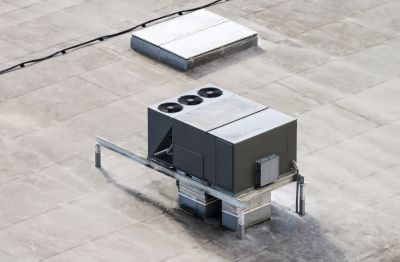
Cooling air in a residential outdoor setting.
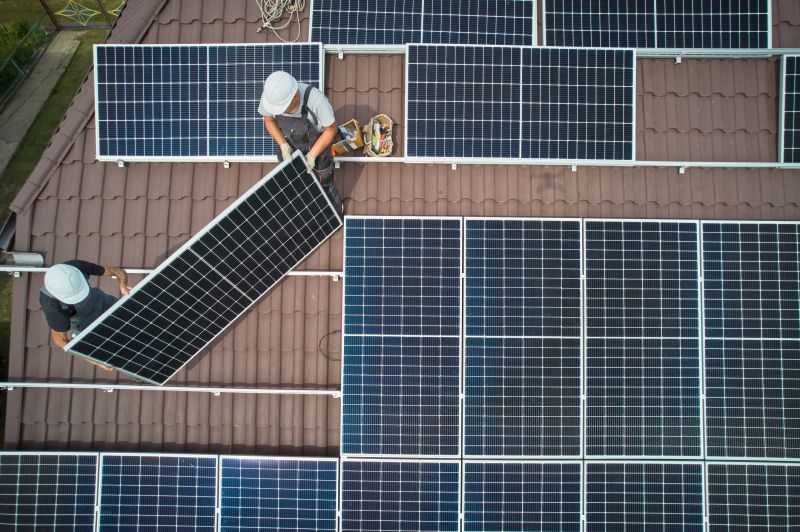
A technician installing a swamp cooler on a rooftop.
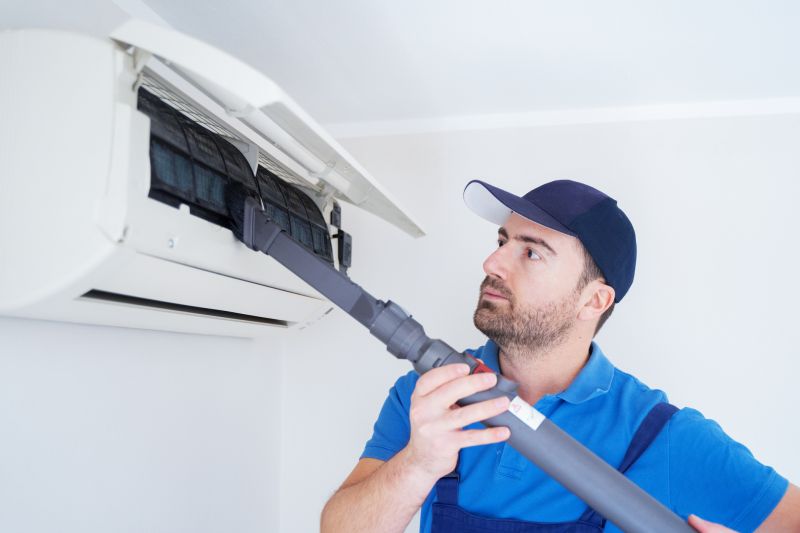
Cleaning and inspecting components to ensure efficiency.
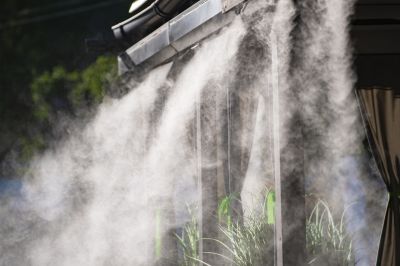
A fully functional swamp cooler providing cooling comfort.
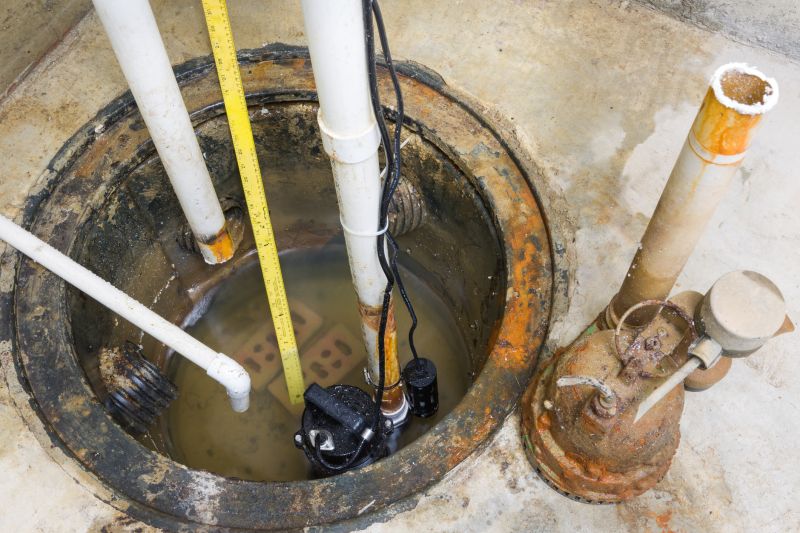
Little measurements that prevent headaches on Swamp Cooler Installations day.
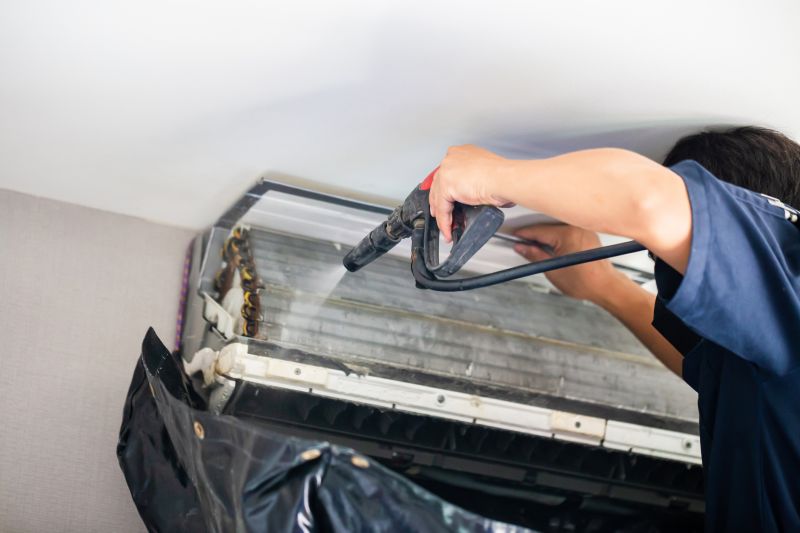
A 60-second routine that keeps Swamp Cooler Installations looking new.
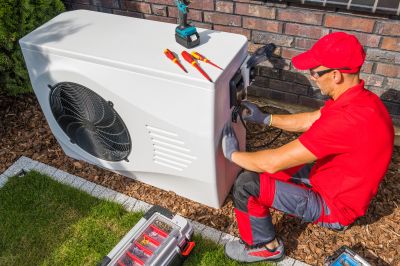
A frequent mistake in Swamp Cooler Installations and how to dodge it.
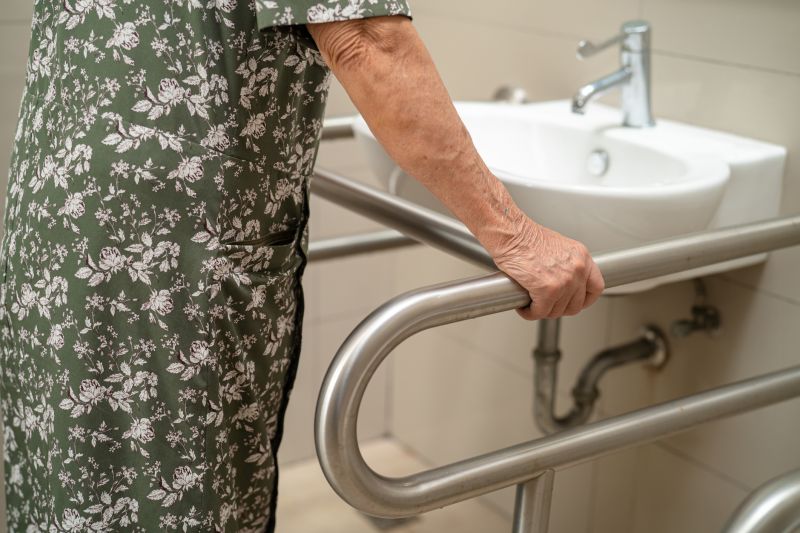
Small tweaks to make Swamp Cooler Installations safer and easier to use.
Interested property owners are encouraged to contact for more information about scheduling swamp cooler installations. Proper timing and professional setup can significantly impact cooling performance and system durability.
